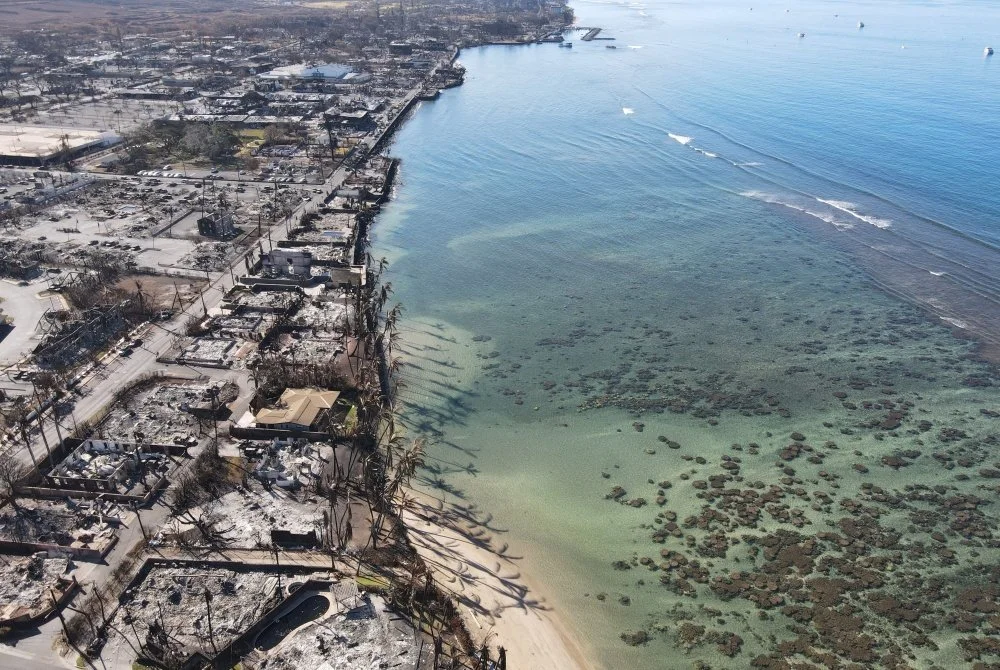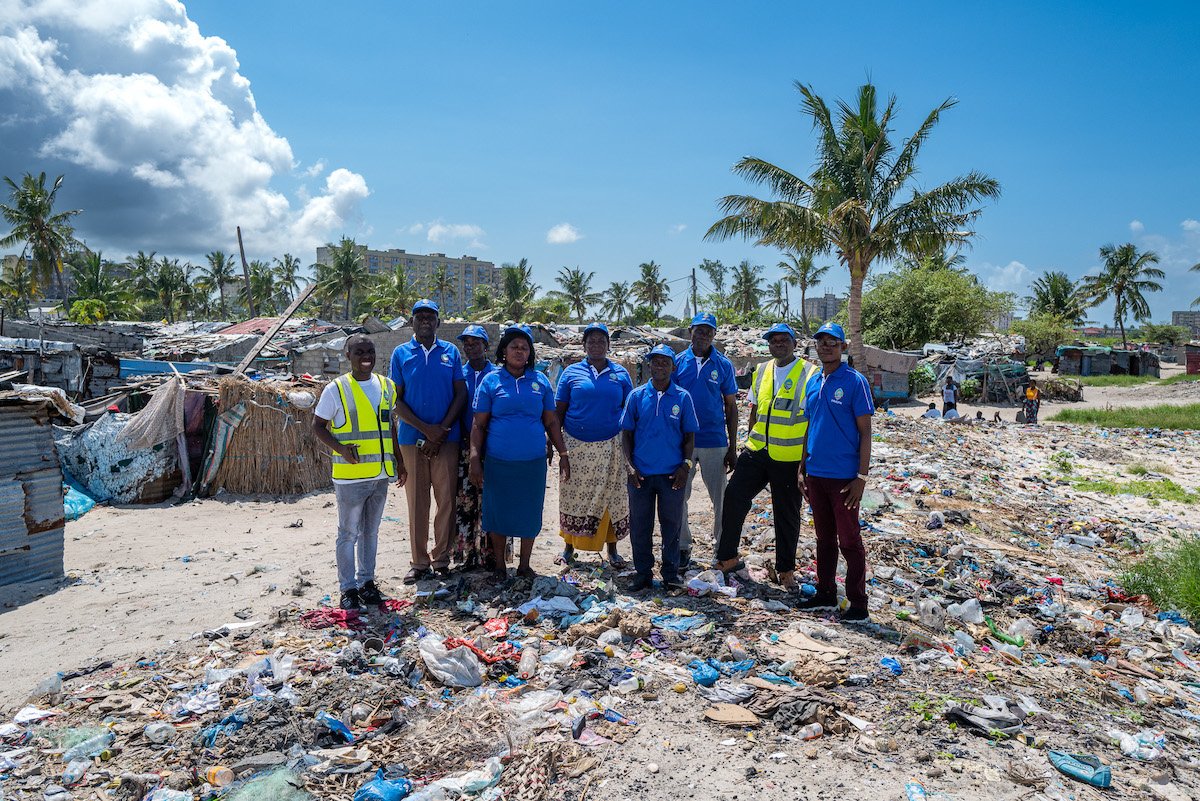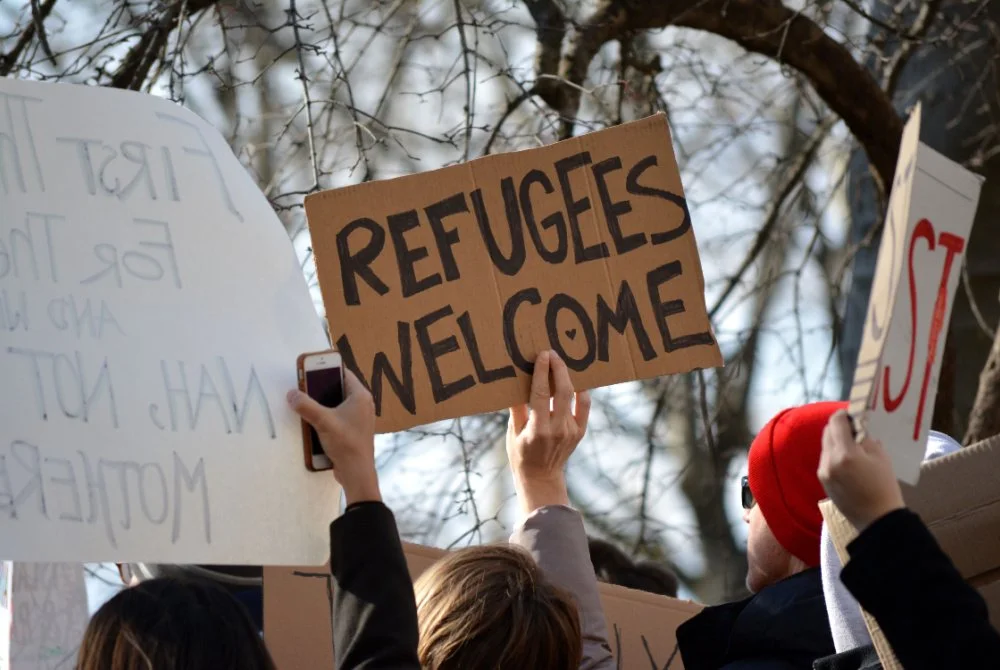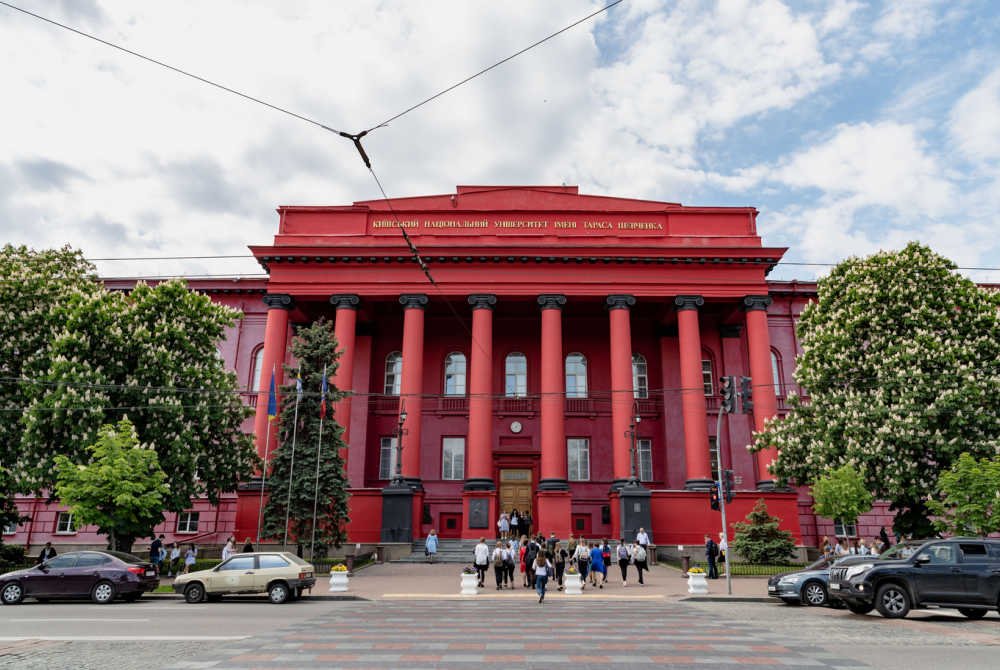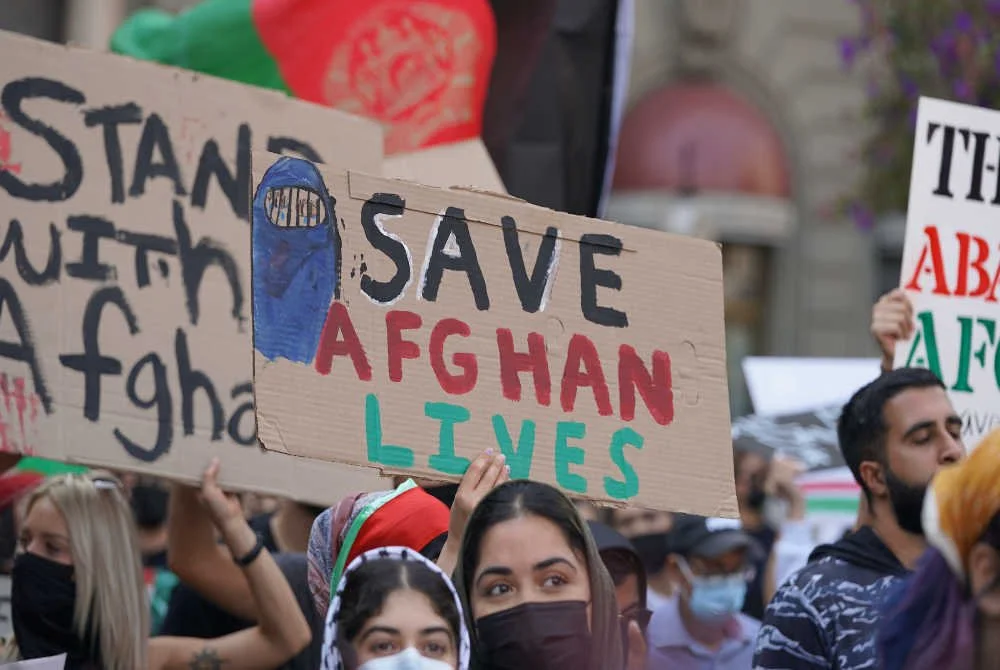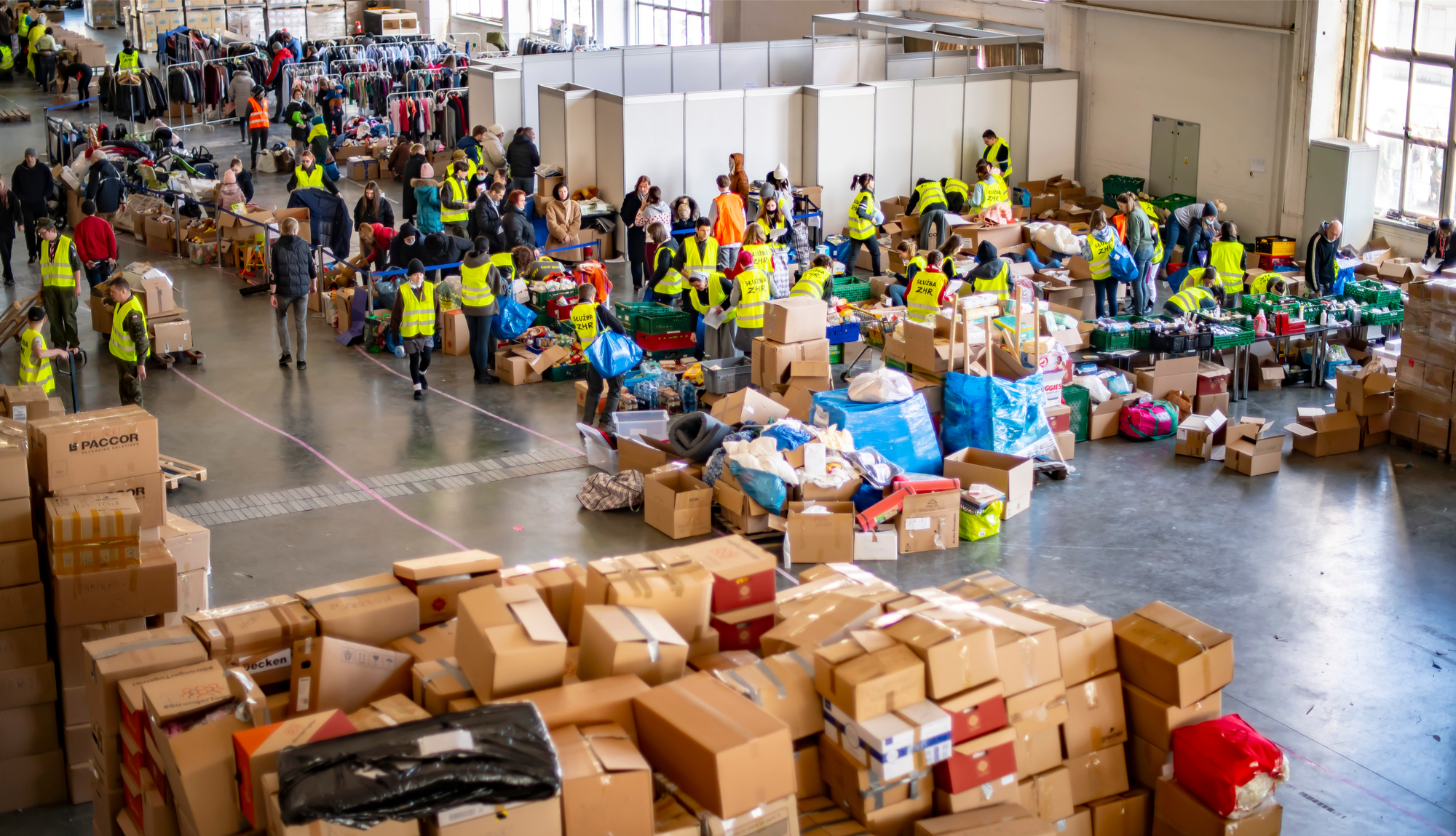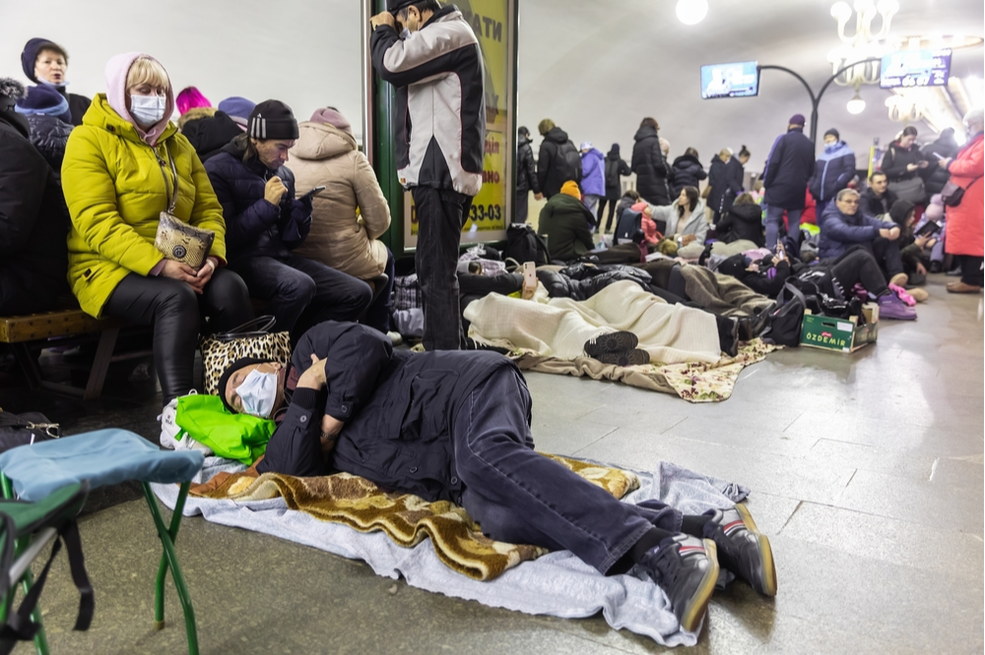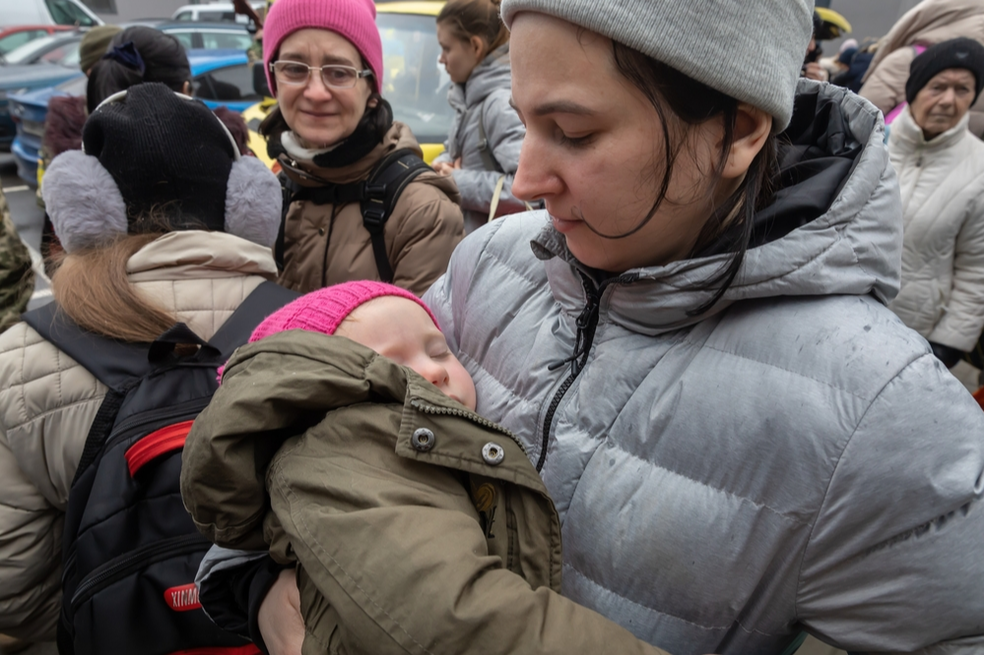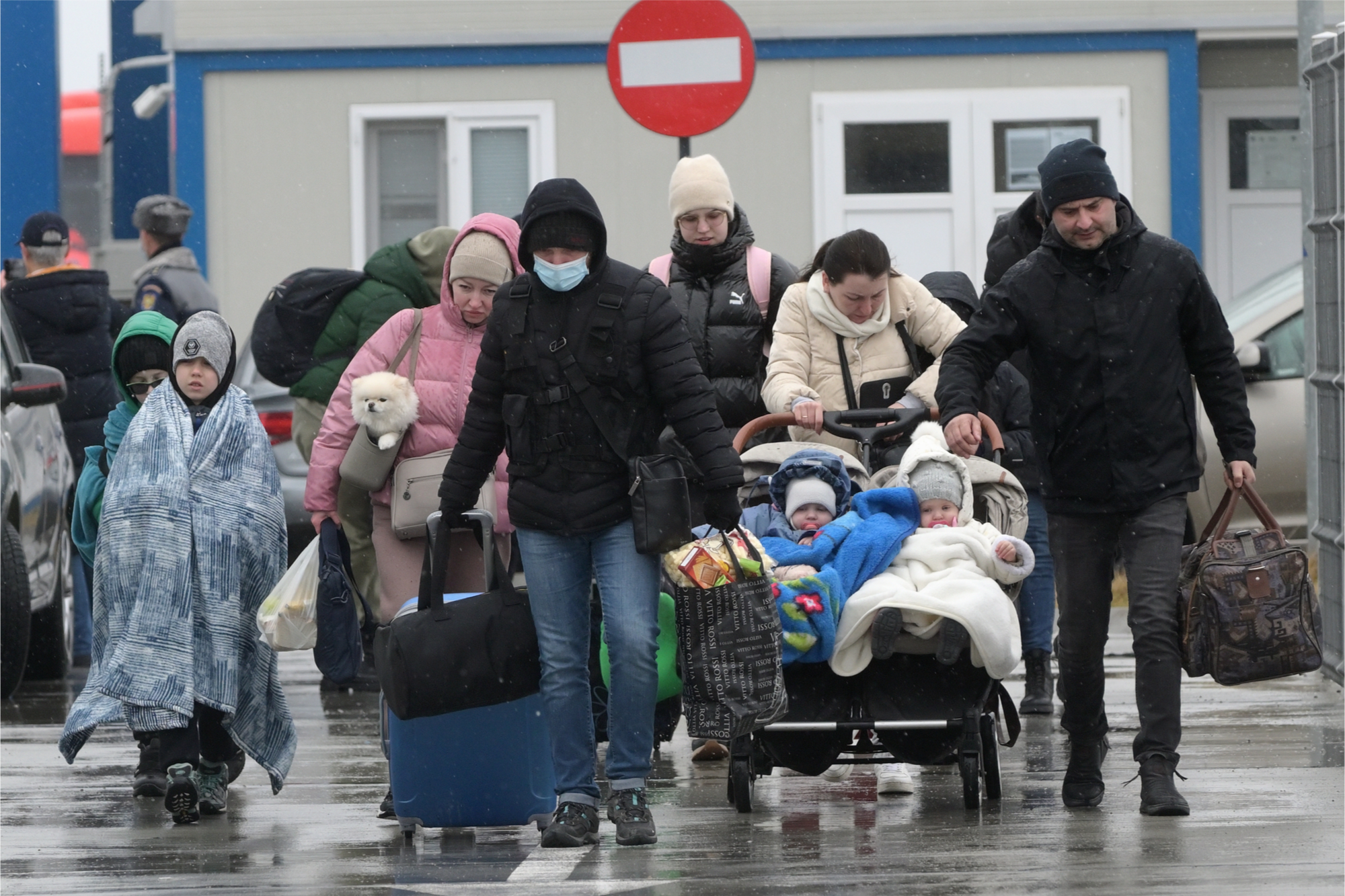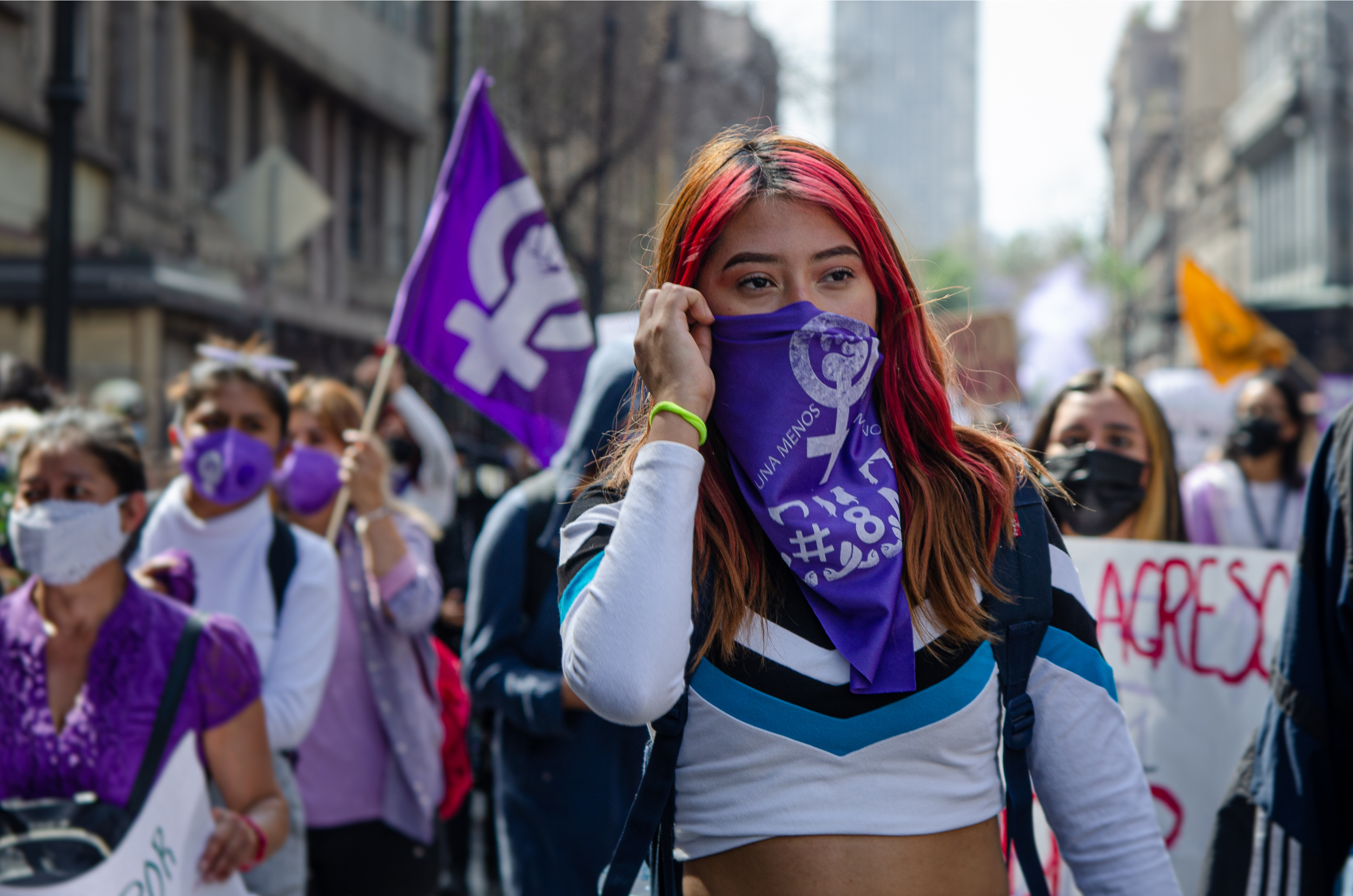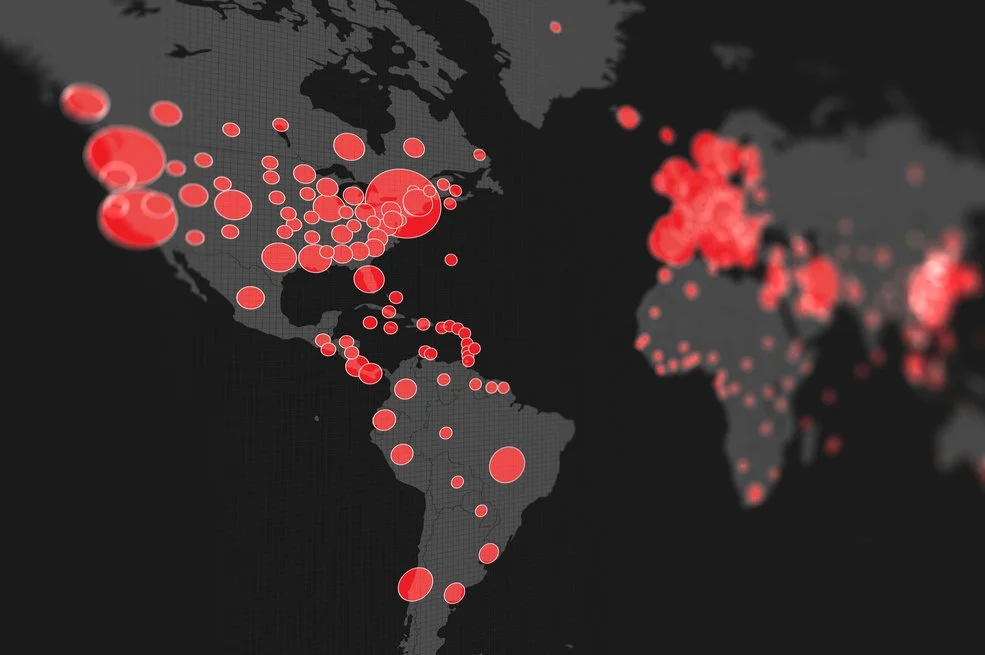Philanthropy’s Response to the Crisis in Yemen? Radio Silence, Mostly
/photo: sunsinger/shutterstock
The resources of U.S. philanthropy are limited. And even though more private donations and grant money now flow for international causes than ever before—$22 billion in 2016—there's only so much that American foundations and private donors can do in the face of huge challenges in global health and development, as well as multiple humanitarian crises caused by war and natural disaster.
We get all that. But it's still hard not to be deeply troubled when large-scale human suffering in countries beset by crisis seems hardly to register at all within the U.S. philanthropy world. The latest example of this: grantmakers' radio silence on Yemen.
Yemen has been locked in a bloody and relentless civil war since 2014, when Houthi rebel fighters took control of the capital city Sana’a. By 2015, the violence escalated when rebel forces attacked homes, hospitals, schools, businesses, and mosques, leaving thousands dead and forcibly displacing millions. Things have become even worse since then. Now, an estimated 22.2 million people are in desperate need of humanitarian protection or assistance, and "8.4 million are one step away from starvation."
But despite amplified violence and suffering across the country, private funders have barely lifted a finger to help the Yemeni people, despite strong pleas by the international community.
In February 2017, the United Nations and its partners announced a $2.1 billion appeal for the Yemen Humanitarian Response Plan to fund programs aimed at basic survival needs, civilian protections, supporting infrastructure for essential services, and preventing private sector collapse. The U.N. has since increased that appeal to $2.3 billion. Yet, by the end of the year, just $1.4 billion had been pledged, leaving a funding shortfall of nearly $1 billion.
We've written a lot about U.S. philanthropy's slow to response to complex humanitarian crises. There's been no shortage of case studies of this kind to analyze in recent years, starting with the historic refugee crisis created by the civil war in Syria.
The reasons that foundations often take a pass are varied. Most funders don't have programs to address humanitarian crises and aren't in the habit of making large emergency grants outside their priority areas. Other donors may have concerns about how much good their philanthropic dollars can actually accomplish, especially in the face of crises on such a large scale. Giving in these situations can not only feel like quintessential Band-Aid charity, but also insignificant compared to the needs.
Yet, as we never tire of pointing out at IP, all these concerns are misplaced. Philanthropic dollars can make a huge difference in humanitarian crises—not just in the moment, but by funding programs that can have a lasting impact. The MacArthur Foundation acknowledged as much when it recently chose to invest $100 million in a plan to educate Syrian refugee children—choosing this proposal over many others in a rigorous competition.
While the Syrian crisis has receded a bit lately from the news, Yemen has now emerged as a leading zone of human suffering on massive scale. Last year, we wondered if U.S. philanthropy would step up to the moral test posed by this crisis. So far, at least, the answer is largely "no."
Related: Yemen: Another Humanitarian Crisis That Poses a Test For Philanthropy
There have been exceptions, though. The Gates Foundation, which does have a program geared to humanitarian crises, has now made around $2.4 million in grants to support the work of groups responding to the suffering in Yemen. Mercy Corps and the International Medical Corps have received funding for their in-country emergency response work. Also, in more of an ancillary way, Gates is addressing the cholera epidemic in Yemen by awarding nearly $150 million grants since 2009 toward research and development projects for treatments and vaccine development. Yemen’s cholera epidemic is reportedly the worst outbreak of the disease in modern history with experts expecting 1 million cases by the end of the year.
So yes, Gates has paid a bit of funding attention, here, but for an outfit with over $41 billion in assets that believes “all lives have equal value,” $2.4 million in grants to help a country where 8.4 million are "one step away from starvation" is pretty modest.
Related: Thirty Million People Face Starvation Right Now. Are Funders Paying Attention?
The Ikea Foundation is another funder outside the U.S. that's made grants to help Yemen. Ikea has become the most important private funder in the world responding to humanitarian crises, so it's not surprising that it's swung into action here.
Last year, the foundation made a €2 million donation to Médecins Sans Frontières (MSF) to support its continuing efforts to help the children and families of Yemen. MSF has been working in health facilities close to the war zone from the front lines, addressing urgent health needs in a country where many hospitals and clinics have been destroyed or lack supplies and electricity. Ikea has also given Save the Children a €500,000 donation to support its work providing food, water, healthcare and education efforts to Yemeni families and children.
But these gifts by Ikea were made early last year, or before. We haven't heard of further donations by the foundation, even as the situation in Yemen has markedly deteriorated.
The Open Society Foundations is another funder that has Yemen on its radar, as well as refugee issues more broadly. In 2015, OSF released a blistering report on the dangers of unmanned U.S. drone airstrikes in Yemen. And George Soros has been out front on the refugee issue, saying the world had “collectively failed” refugees and the crisis has “contributed greatly to human misery and political instability.” This global failure catalyzed Soros' $500 million pledge of investment capital to help the ever-growing refugee population.
But neither OSF nor Soros have visibly responded to recent negative turns in Yemen that put millions of lives at risk. Soros investment funds are mainly targeted at helping refugees in Europe, although he also pledged to keep an eye out for investments that benefit migrants and refugees around the world. It's hard to say what efforts, if any, may be afoot through this initiative to help people displaced by Yemen's civil war.
Other funders we might expect to see responding to the crisis in Yemen include the UPS Foundation, Western Union and the Conrad H. Hilton Foundation—all of which have strong track records of working on humanitarian issues. But unless we're missing something, it seems like each of these institutions are also taking a pass on Yemen.
Things look almost certain to get worse in Yemen in 2018. Will even grimmer news and more dire appeals finally spur real action on the part of U.S. funders? Let's hope so.
Related: With a Monster Pledge, a Glimpse of a New Direction for Soros



